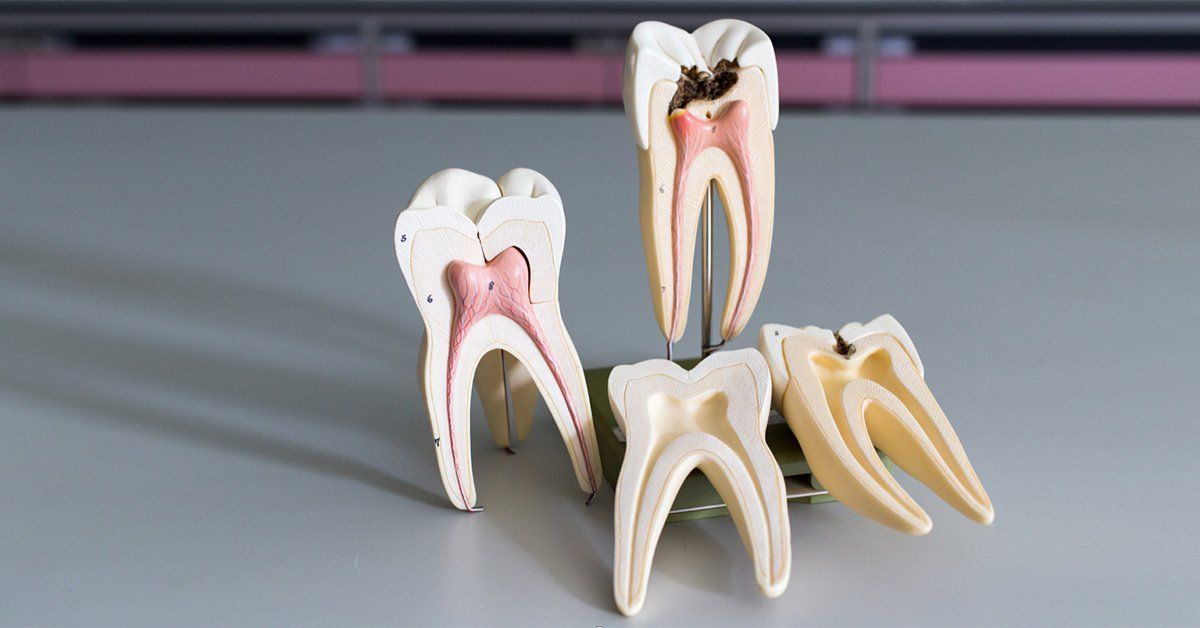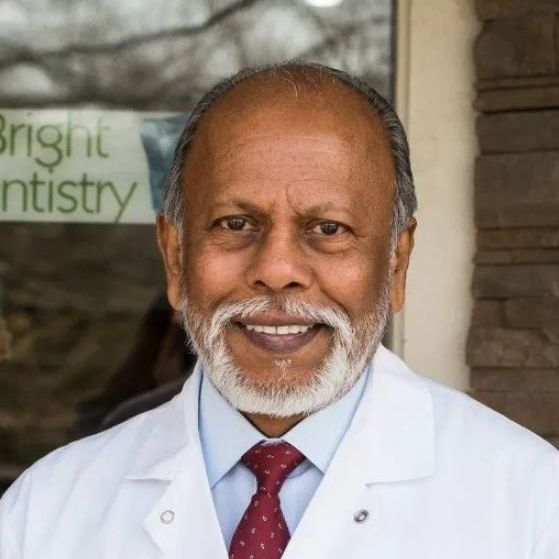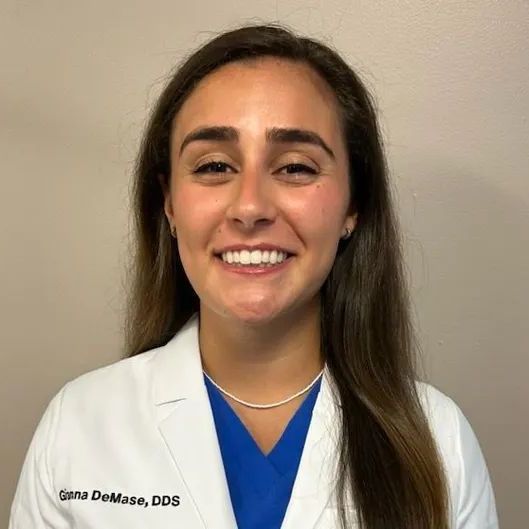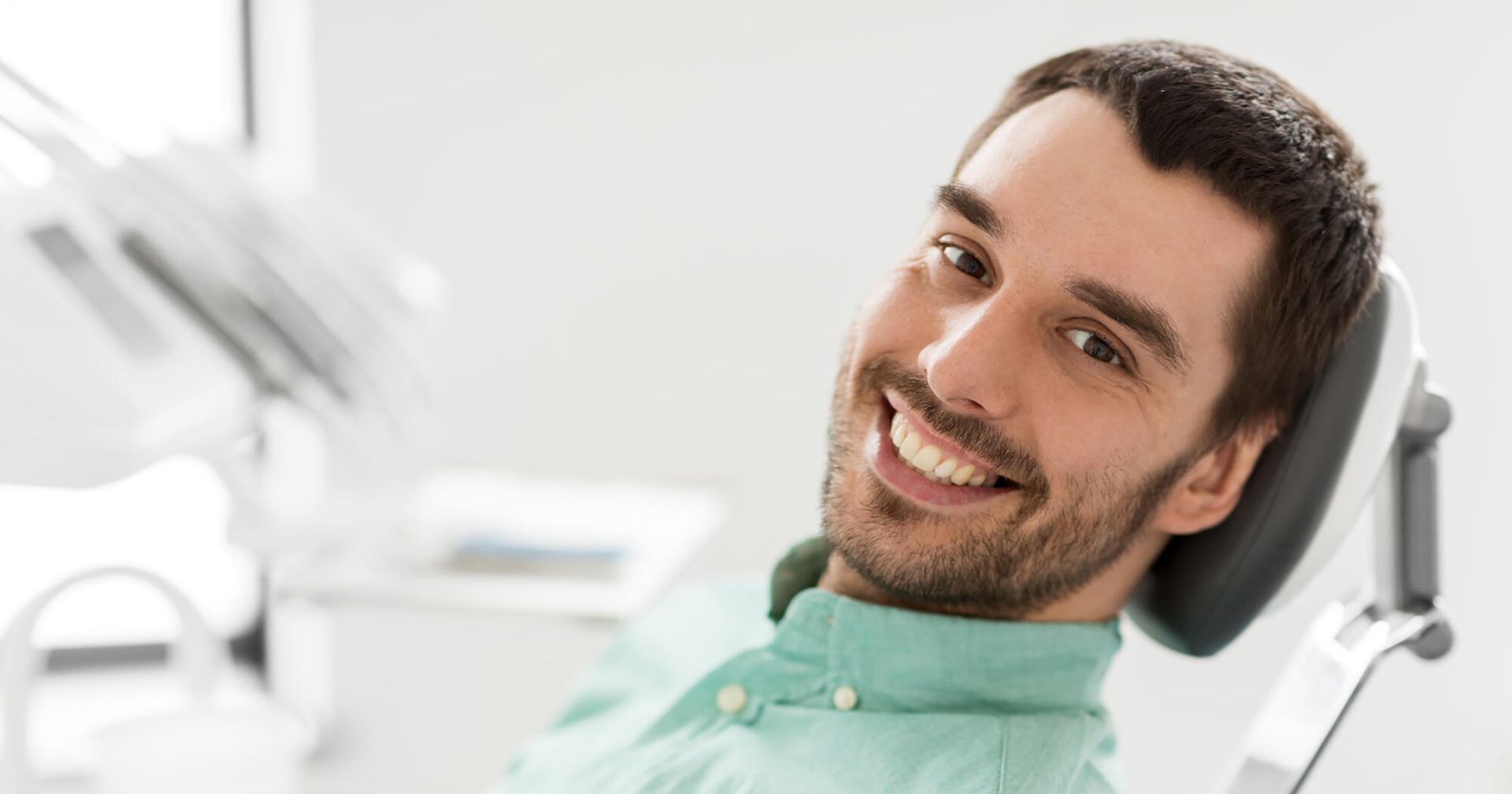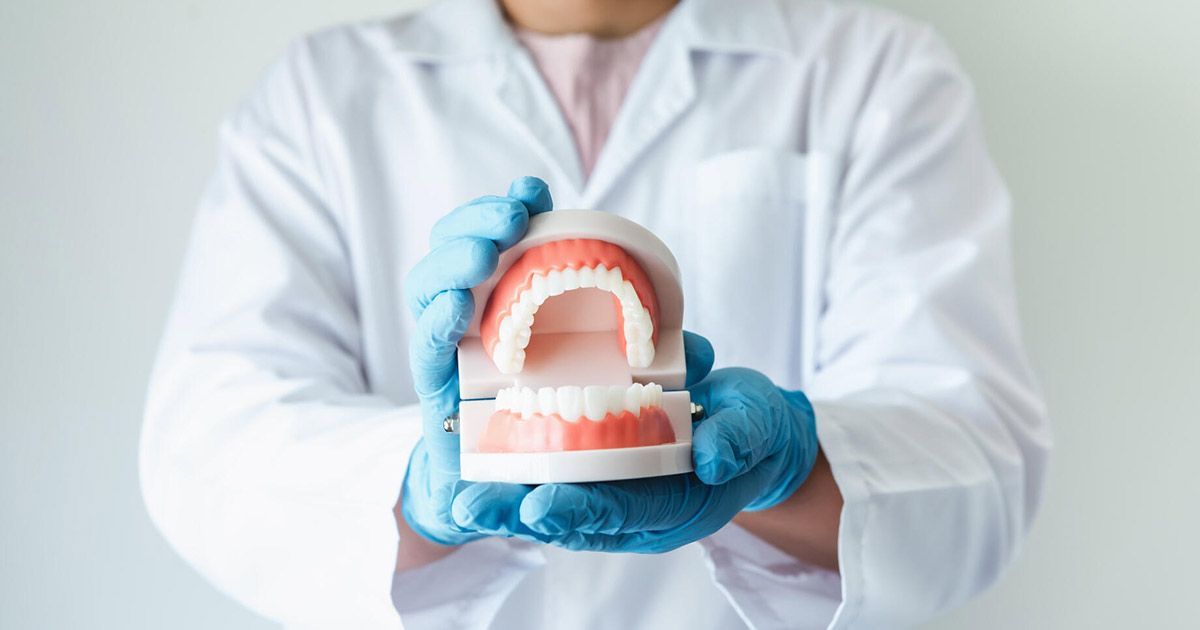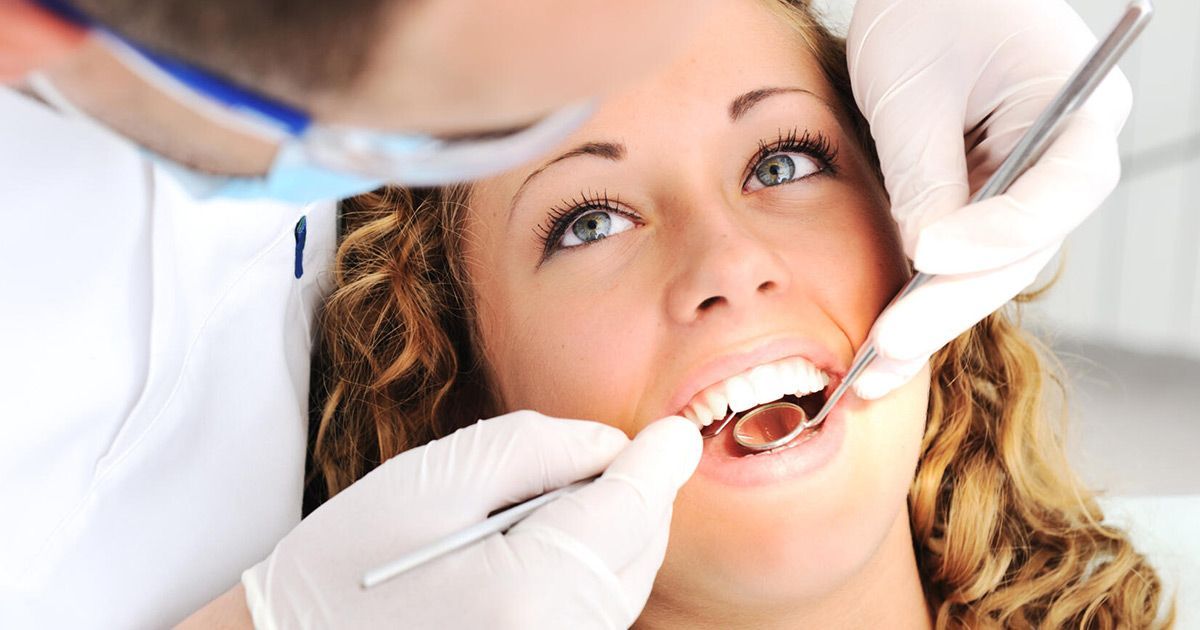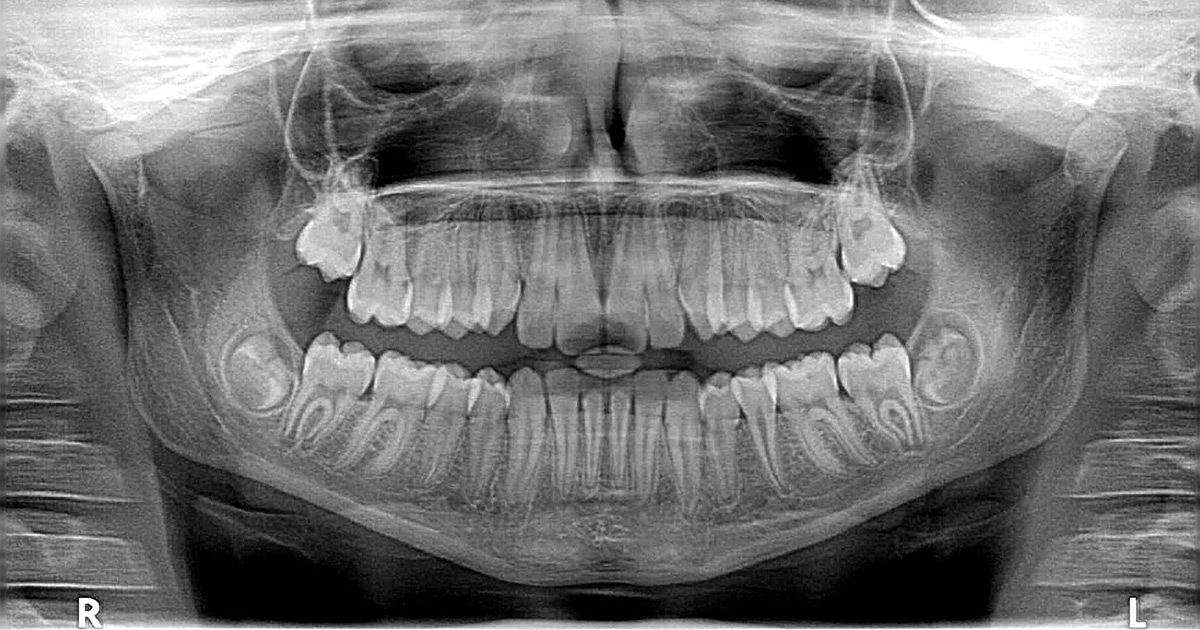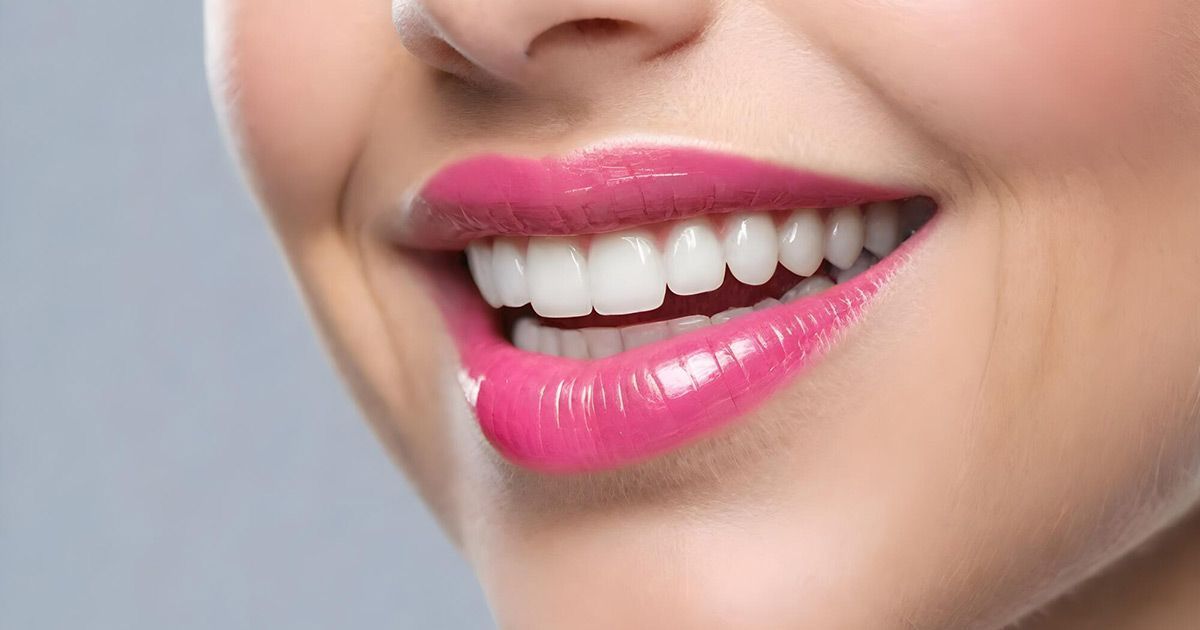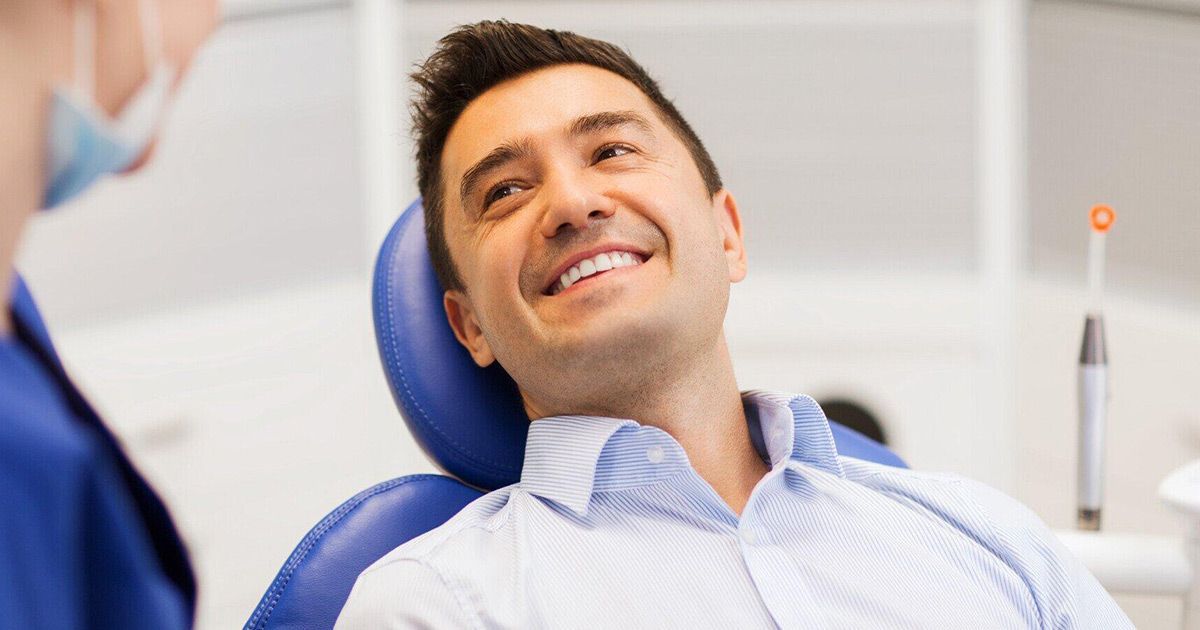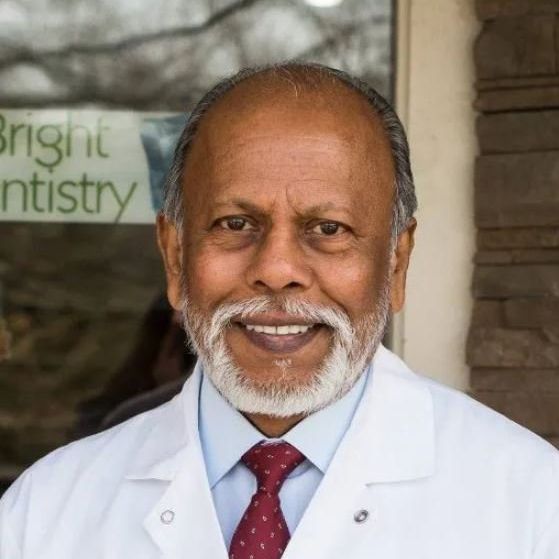The Do's and Don'ts of Root Canal Aftercare
It's very important to follow the proper proceduresfor root canal aftercare to ensure the best results. Read on to learn aboutroot canal after care.
Root canals hurt, there's no doubt about that. Even with the proper anesthesia during the procedure, you're going to be in pain afterward.
Proper aftercare is essential both for pain management and for preventing any infection.
If you've just had or you're planning on getting one of the most popular procedures in dentistry, perhaps it's time you learn about proper root canal aftercare.
What to Expect during a Root Canal
If you're preparing to go in for a root canal, then you'll probably have some questions.
Does a root canal hurt?
How long does the procedure take?
What's the recovery time look like?
A root canal, despite the intimidating popular opinion, is a fairly simple procedure. It's used for teeth that have decay within the pulp. By removing the decay, a tooth can often be saved.
Your teeth are comprised of a few different things rather than just being a hard piece of bone.
The outer layer - called enamel - is one of the hardest substances in your body. Within it is a complicated network of nerves, blood vessels, and connective tissue known as the pulp.
The pulp is what keeps your teeth flourishing, but when something happens to it, you'll experience tooth pain.
When the pulp of a tooth is damaged, it will quickly become infected. Anyone who went through this knows the pain, and you might even be going through it right now.
A root canal removes the pulp from the tooth before it's sealed. It's actually a relatively painless procedure since local anesthesia will be used.
You're more likely to work yourself up and suffer from anxiety than be in serious pain during the procedure. You'll be in and out of the office in about an hour and a half.
If you're feeling wary of heading in, it's a good idea to read about some people who've had the procedure done at the dentist you're using. Most reputable dentists will have quite a few testimonials on their websites.
Root Canal Aftercare Procedures
Your mouth is a vulnerable place - one that's quite susceptible to infection. Most bacteria that enter your body will do so through the mouth as you eat and drink.
The discomfort from a root canal is pretty minimal. This isn't a procedure that will require a couple of days in bed like getting your wisdom teeth removed.
Instead, your dentist is likely to write you a prescription for NSAIDs like ibuprofen . Take them as prescribed, even if you don't feel like you're in pain. The procedure will cause some inflammation, so it's not just about managing the pain, but also the swelling that will occur.
Aftercare can be divided into three stages: immediately after the procedure, over the next few days, and in the future. Here's what you can expect.
Your mouth is still going to be numb for at least a few hours after you've had your procedure. During this time, it's important that you don't eat anything that needs chewing or drink anything hot.
If you do so, you run the risk of burning your mouth or biting down too hard on the tooth.
If you're able to fill your prescription or did so before the procedure, then it's a good time to take your pain medication.
For the rest of the day, just ride it out. The pain and discomfort should be quite minimal.
During the next few days, you'll want to ensure that you're taking the following measures:
●Continue taking your medication as prescribed
●Eat softer foods
●Take care to chew on the side of your mouth that didn't go through the procedure
●Be careful when brushing the tooth
The pain should subside within a few days. In more serious cases, though, you may have to return at least once more in order for the infected pulp to be wholly removed.
Don't neglect future appointments, even if you find yourself pain-free. In most cases, the filling used in a root canal is only for temporary usage - and you'll end up needing a crown at some point.
This is due to the damage incurred to the tooth during the procedure. It's quite likely that a tooth, especially if it's severely infected by the time you make it in, will need more than one cleaning and was likely damaged during the procedure.
Don't neglect any sort of follow-up. Most of the time, it will be easy enough to just make it back.
As with any dental procedure, occasional complications may occur after a root canal. These include infections, the pulp not being entirely removed, or the tooth cracking if you neglect to follow proper aftercare procedures.
Contact your dentist if your pain or swelling worsens after the first couple of days.
Root Canals Nothing to Be Scared of
It's quite likely that you're going to be more stressed in the lead up to your root canal than afterward. Nowadays, the procedure is relatively painless, leading only to mild discomfort and pain for a few days.
Even root canal aftercare is a simple procedure in the end.
If you think you might be in need of a professional dentist and find yourself in the New Rochelle, Yonkers, or Mount Vernon areas in New York, contact us and see what our friendly, professional team can do for you!
Dr. Rohit Z Patel
D.D.S
After graduating at the top of his class, Dr. Patel continued his postgraduate studies in endodontics at Columbia University College of Dental Medicine in New York. He was appointed to assistant clinical professor of dentistry at Columbia University and later moved on to teach at the Montefiore Medical Center’s Department of Dentistry. Westchester Magazine recognized Dr. Patel as a “Top Dentist for 2012.”
Dr. Yung Kim
D.D.S
Dr. Yung Kim is a double board certified Periodontist and board certified Prosthodontist, educated to treat many extremely complex disorders involving gum disease, tooth decay, and oral pathology. His focus is on full-mouth, complex, surgical, and reconstructive dentistry. He has extensive knowledge of implant dentistry and advanced surgical procedures, specializing in teeth in a day and All-on-Four implants. He is also Invisalign certified and experienced with CAD/CAM restorations and dentures.
Dr. Santvana Vyas
D.D.S
Dr Vyas attended NYU College of Dentistry and earned DDS in 2016 at the top of her class. She was inducted into Omicron Kappa Upsilon (OKU), the national dental honor society and earned Outstanding Achievement Award in study of Prosthodontics.
Dr Vyas is an active member of American College of Prosthodontics (ACP) and American Dental Association (ADA). She is appointed as a Clinical Assistant Professor at NYU College of Dentistry. She is married and is blessed with two sons.
Dr. Gianna DeMase
D.D.S
Dr. DeMase received her undergraduate degree from Binghamton University where she double-majored in Biology and Spanish. She then earned her Doctor of Dental Surgery from New York University College of Dentistry where she graduated with honors in periodontics. After dental school, Dr. DeMase completed a General Practice Residency at Jacobi Medical Center, a level one trauma hospital. Here, she participated in community outreach in the women’s health clinic and taught medical students how to do oral exams. She also worked with special needs patients in Jacobi’s Rose F. Kennedy Center. Dr. DeMase remains committed to being active in the community.
Read More
Dr. DeMase has experience in cavity restoration, endodontics, oral surgery, oral pathology, and prosthodontics including implant restorations.
She highly values patient education and always ensures your comfort and understanding of the treatment. She strongly believes in patient centered care and therefore tailors each treatment plan to you and your needs. As a member of the American Dental Association, Dr. DeMase is always aware of the latest studies and developments in the dental field and strives to apply them to her practice. In her spare time, she can usually be found with a book in her hands.


